Mergers and falling numbers of PhD students mean three PhD schools must turn into a new one

Foto: Anna Holte
CBS’ three PhD schools are facing reorganization as they merge into one by January 1, 2020. According to the Dean of Research it’s a “natural” consequence of department mergers in recent years and part of strengthening CBS’ PhD environment which has suffered from a drop in the number of students.
CBS’ three PhD schools, Economics and Management (EM), Business and Management (BM) and Organization and Management Studies (OMS), will merge into one by the end of the year.
The reorganization comes, according to the Dean of Research, Søren Hvidkjær, as a “natural” consequence of mergers in recent years, combined with the aim of strengthening the PhD environment, which since 2014 has suffered a drop in the number of PhD students. In 2018, the number of PhD students was 185, and the aim is to have well above 200 students.
“You can’t have a strong research environment without PhDs, so we have to ensure the development of the next generation of PhD students. This is not only for the sake of the PhD students, but also a way of securing CBS as an attractive institution to work at in the future,” says Søren Hvidkjær.
Søren Hvidkjær explains that having one PhD school opens up for more flexibility and will facilitate cross-disciplinary work and wider collaboration between PhD students as well as researchers at CBS. This, combined with a financial boost for hiring PhD students, will strengthen the PhD environment at CBS, according to Søren Hvidkjær.
“It’s not going to revolutionize the PhD education at CBS, but it’s easier to share best and worst practice when we have just one school, and in that sense become even better at what we’re doing,” he says and continues:
“Getting more PhD students means we’ll also have a bigger pool of talent to hire from in the long run. I highly recommend PhDs who wish to continue their career in research to seek opportunities at business schools and universities abroad. Fortunately, many wish to return to CBS eventually, bringing with them invaluable international experience. In this way investments in PhD-education help ensure that we have enough Danish-speaking teachers for our Danish-taught programs in the future.”
Departmental mergers led to fewer PhD students
To understand why the three PhD schools must merge into one, we have to go back in time.
On January 1, 2017, the Department of Management, Society and Communication came into existence as a result of the merger between the Department of Intercultural Communication and Management and the Department of International Business Communication. Since then, CBS has reduced its number of departments from 14 to 11, and this led to changes within the PhD schools.
The PhD school of Business and Management once counted several departments and research centers. But as some of those departments and centers were merged with others, the flow of PhD students decreased and almost halved the size of the PhD school. This was, according to Søren Hvidkjær, unsustainable in the long run, as it would affect the research environment of the PhD students. Something had to be done.
He then put together a task force to investigate and come up with ideas on how the structure of the PhD schools could look like in future based on these six principles:
- Support CBS’ endeavor for research excellence
- Be sufficiently flexible to encompass diversity across CBS
- Facilitate cross-disciplinary work and collaboration at CBS
- Facilitate learning across CBS of best (and worst) practice in PhD education
- Respect the foci of local research environments
- Support the ability of individual PhD students to navigate CBS
The task force came up with two solutions: one or two PhD schools.
“The main concern was that some of the departments belonging to the BM school didn’t see themselves in either OMS or EM. The two schools are very different from each other in the fields of research they cover and in how they work. So we decided to go for one PhD school, as it would provide more flexibility, and the PhD students and departments wouldn’t have to choose between two,” says Søren Hvidkjær.
So how will the merger affect current and new PhD students?
“We certainly aim to have as seamless a merging process as possible. The PhD students will still have their daily lives at the departments and refer to the head of department. That won’t change,” says Søren Hvidkjær.
A balancing act
For each of the current three PhD schools there’s a head. This person has an academic background, which is somehow similar to the PhD students at that school.
With just one PhD school and only one head, isn’t there a risk that the diversity of both the PhD body and work cultures is going to be neglected?
“The new head of school can’t, for obvious reasons, have an academic background similar to all of the PhD students, and that is why the role of the PhD coordinators at the departmental level is going to be more important,” explains Søren Hvidkjær and adds that the role of the head of the new PhD school will be more strategic.
As mentioned, the three PhD schools vary in size, student body and work culture. For example, at the OMS school, PhD students often work across disciplines and have joint courses across the departments. At EM, PhD students often run specialized courses at a departmental level. So how is the new PhD school going to make sure everyone’s needs are addressed and, at the same time, bring the student body and research environments closer together?
“An implementation group consisting of the three current heads of the PhD schools and representatives from the PhD students and staff are working on things like this, as well as the integration of the different PhD schools. We want maximum flexibility for each of the departments while ensuring integration. It’s a balancing act,” he says.
CBS WIRE will feature an interview with the new head of the PhD school, Anette Boom, later this autumn.



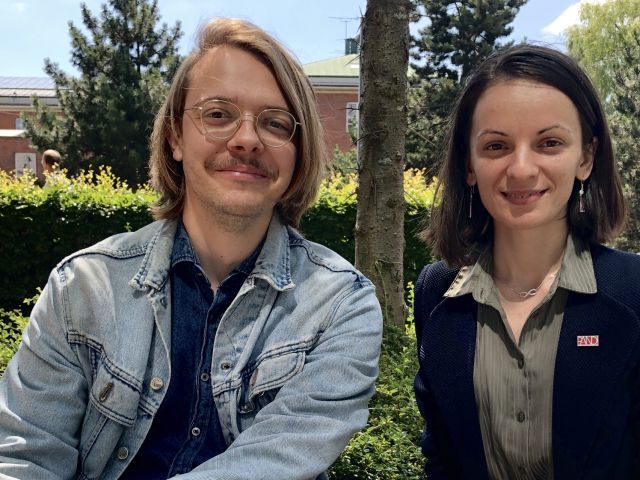
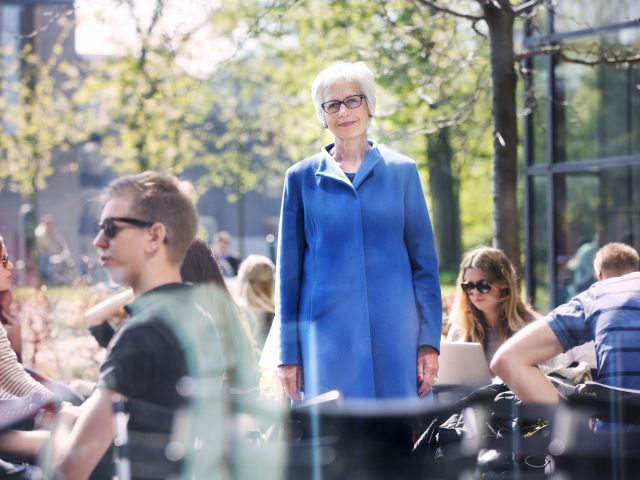


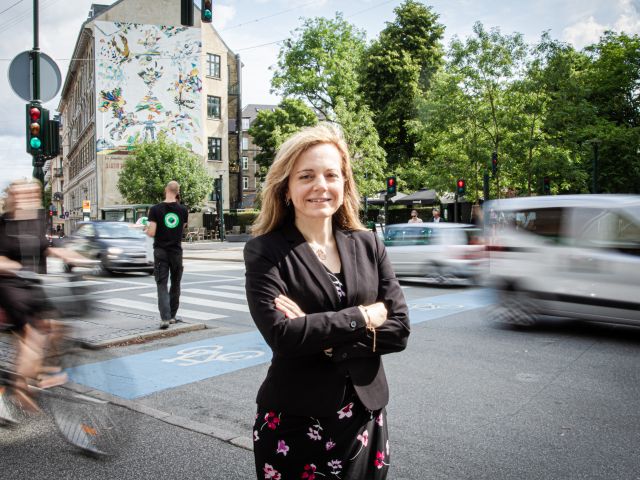
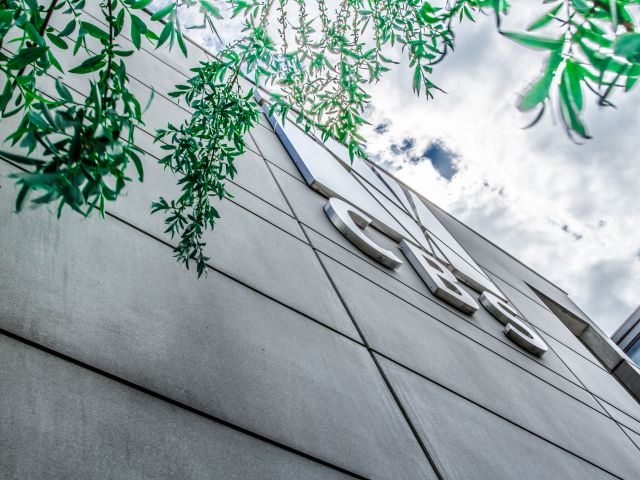


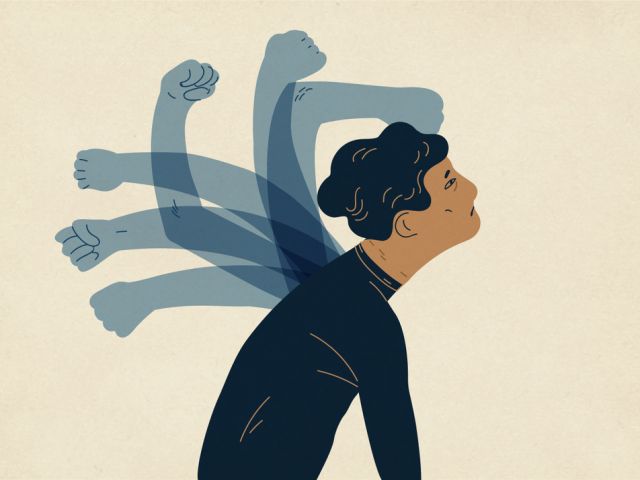




























































































































Comments